Via CNN:
ATLANTA, Georgia (AP) -- A judge has struck down Georgia's ban on same-sex marriages, saying a measure approved by voters in 2004 violated a provision of the state constitution that limits ballot questions to a single subject.
The ruling by Fulton County Superior Court Judge Constance C. Russell had been eagerly awaited by gay-rights supporters who filed the court challenge in November 2004, soon after the constitutional ban was approved.
Russell said the state's voters must first decide whether same-sex relationships should have any legal status before they can be asked to decide whether same-sex marriages should be banned.
"People who believe marriages between men and women should have a unique and privileged place in our society may also believe that same-sex relationships should have some place -- although not marriage," she wrote. "The single-subject rule protects the right of those people to hold both views and reflect both judgments by their vote."
Russell said "procedural safeguards such as the single-subject rule rarely enjoy public support."
"But ultimately it is those safeguards that preserve our liberties, because they ensure that the actions of government are constrained by the rule of law," the judge wrote.Gov. Sonny Perdue decried the ruling stating that 76% of voters supported the amendment and, "It is sad that a single judge has chosen to reverse this decision." Oh, boy. Can't miss a moment to parrot the activist judge meme.
Proud of you, Sonny, showing off those red-dirt homophobes. I know you're running for re-election so you've got to keep 'em happy. You know, Georgia also resisted desegregation and abolition of slavery. Splendid heritage. Change much?
I wonder what Dobson will say. Two-to-one odds... activist judge....legislating from the bench... blah, blah, blah. Just another familiar experience on the 2006 campaign trail.
UPDATE: Southern Voice published an article, good background, from May 5, 2006, and the old "activist judge" routine was performed by the regular characters. Details on the legal "single-subject rule" in Georgia courtesy Lambda Legal:
Unlike other states, Georgia’s ballot question does not reflect the entirety of the amendment’s language. The ballot question asks only about limiting marriage to a man and a woman and does not address civil unions or the jurisdiction of Georgia courts, which are part of the proposed amendment to the constitution. Lawsuit: The lawsuit was filed by Lambda Legal, the ACLU of Georgia and the Atlanta law firm Alston and Bird, who argued that the proposed amendment violates the single-subject rule of the state’s constitution because it has multiple objectives (a definition of marriage, a ban on civil unions and a restriction of court jurisdiction, among others). In addition, the suit argued that the language on the ballot misleads the voters and disguises the various consequences of a ratification vote. The single-subject rule requires that on a constitutional ballot question, only one issue at a time be posed to the voters. The Georgia Supreme Court found that it did not have jurisdiction to rule on the matter until after election day. The justices did not answer the constitutional issue and instead preserved that option for a potential legal challenge after the vote if the measure passes on November 2.The Georgia Supreme Court ruled in favor of of the anti-gay marriage ballot before the November 2004 election:
"The ruling, written by Justice George Carley, said that while the amendment 'can be challenged in the event it is 'enacted' by virtue of approval of the voters,' the judiciary cannot block the amendment until it is enacted by the Legislature and then approved by the voters." While polling shows a majority of Georgia voters support the amendment, opponents remain optimistic. Jack Senterfitt, a Lambda Legal attorney working on the case, said "The majority did not reject our arguments on the merits. No court has ruled that this proposed amendment would pass constitutional muster. No court has ruled that it does not violate the single-subject rule, and no court has ruled that the ballot language is not misleading."Since the measure did pass, has been challenged, and now ruled against it, you can gu-ar-an-tee that Judge Constance C. Russell's ruling will be appealed just as Ga. Gov. Perdue indicated.
SSDD. In the meantime, I'm going to plan a wedding.










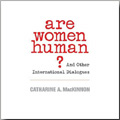
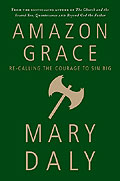
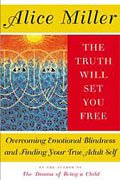


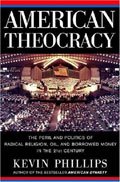





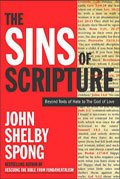

|